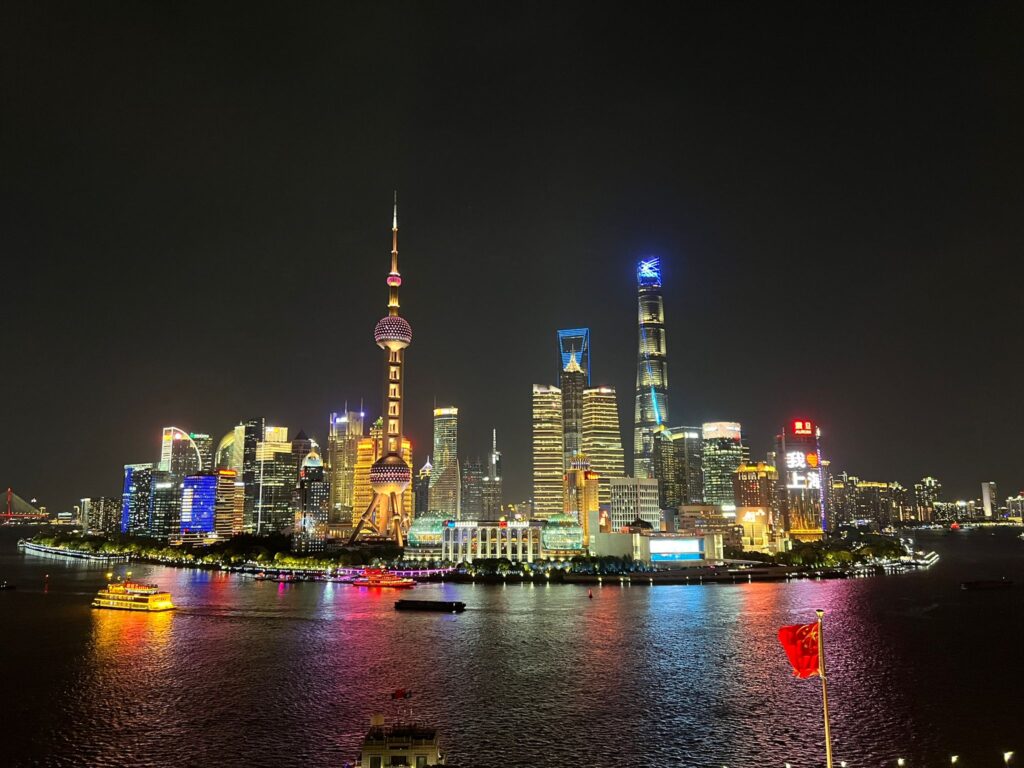
Who would have ever thought of seeing the words capitalism and communism next to each other without that being an oxymoron? The definition of capitalism is “an economic and political system in which a country’s trade and industry are controlled by private owners for profit” while the definition of communism is “a system of social organization in which all property is owned by the community and each person contributes and receives according to their ability and needs”. How is it possible for the two to come together?
China isn’t nationalizing every form of private property again, but what you can see happening in China is a gradual rise of community welfare importance within the Western-style capitalistic setup the country adopted (and regretted) in the past. What’s the problem with Western-style capitalism you may ask, the answer is the maximization of shareholders’ profits cannot be infinite and when it reaches the saturation point beyond which a company cannot expand its business anymore the only way to continue growing company’s bottom line is effectively to start “stealing” from the society.
How does a company “steal” from society? When the company intentionally sets itself up to privatize the profits/benefits of its operations while mutualizing the losses/costs onto the community. This was a problem before, but the era of QE infinity exacerbated it to extremes.
Do you remember how the Nobel Laureate Ben Bernanke sold QE2 to Congress many years ago? He said that QE2 was necessary to spark asset price inflation that would have translated into a “wealth effect” for the whole society thanks to the benefits “trickling down” from markets into the real economy. Well, unfortunately, that did not happen since financial asset holders thought it better to keep all those benefits for themselves by reverse-engineering Bernanke’s scheme ultimately sparking one of the biggest wealth inequalities in modern history. The only thing that was allowed to trickle down into the real economy was effectively the losses of operations gone south, paradoxically exacerbating the wealth gap even more.
China was not immune from all of this, but differently from other countries, it decided to pull the plug and go back to the drawing board to keep what worked and replace what didn’t with some healthy communist principles. Here are some examples.
1 – Private losses won’t be mutualized onto the public anymore, but shareholders and debtholders (that profited during good times) going forward will have to learn to manage the risk of their operations by stashing those profits as reserves during good times rather than distributing them and then be unprepared for downturns and ask public bailouts.
2 – Companies won’t be allowed to cut personnel costs unless they downsize their operations for good, meaning companies shall not expect to employ fewer workers for the same salary and expect them to work more to replace the void of those being let go to keep increasing their margins despite economic headwinds. Because of this, companies in China are now negotiating broad workforce salary reductions, but everyone remains employed during temporary economic downturns.
3 – Financial Engineering and any financial schemes set up with the sole purpose of enticing the public to invest their savings in the stock market allowing current shareholders to cash out after a financially engineered price run are now being strongly curbed. Furthermore, anything that can spark “FOMO” or “speculative” reactions from the public is now promptly addressed, for example, China will now stop publishing real-time data about foreign investments in its stock markets (”China to nurture stock rally by masking live foreign flows data”). Why do you think they are doing that? If you consider that most of that flow comes from foreign speculative hedge funds that all they target is a quick pump and dump, then the reason is quite obvious.
4 – Bankers are now allowed to bring companies to IPO if these do represent a sound investment to the public and aren’t simply a way for founders and private equities to cash out at unreasonably inflated prices. (“China’s ‘broker butcher’ vows to tighten IPO rules, curb excesses to restore confidence in US$9.2 trillion stock market“)
5 – Shadow banking and complex structured products engineered to gamble customers’ deposits, that receive a 3-4% interest while earning 10%+ returns keeping the profits if things go well, and if they don’t shareholders just lose their meager capital while customer deposits take the losses, are now being weeded out from the system.
From personal experience, I can tell you that so far this “capitalistic communism” approach is actually working and in China, the economic situation and people’s well-being are much better than what transpires in Western media coverage. However, you can still see everywhere the scars of wild western-style capitalism, and as I wrote before #CHINA DEBT DETOXING IS GOING TO BE LONG.
